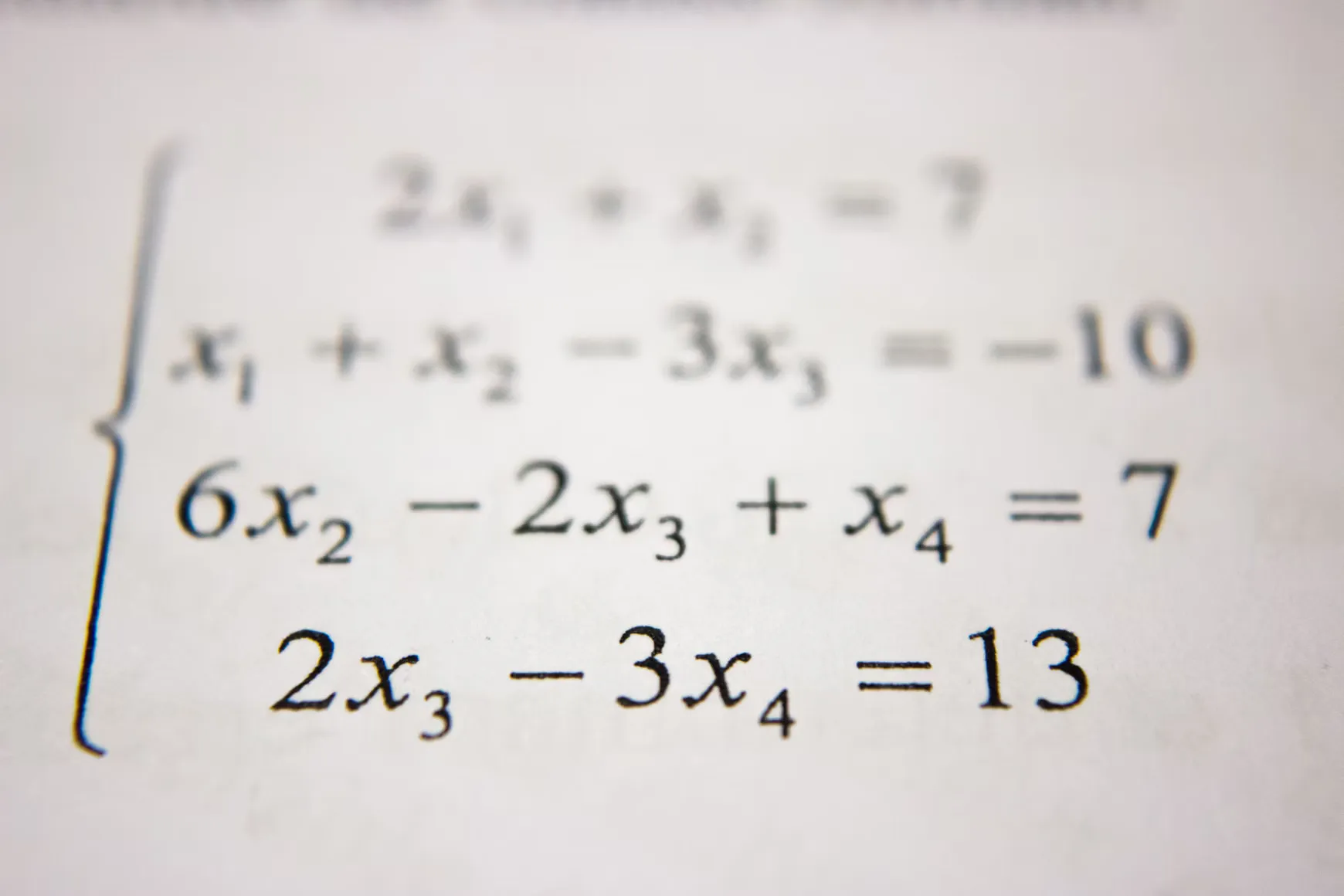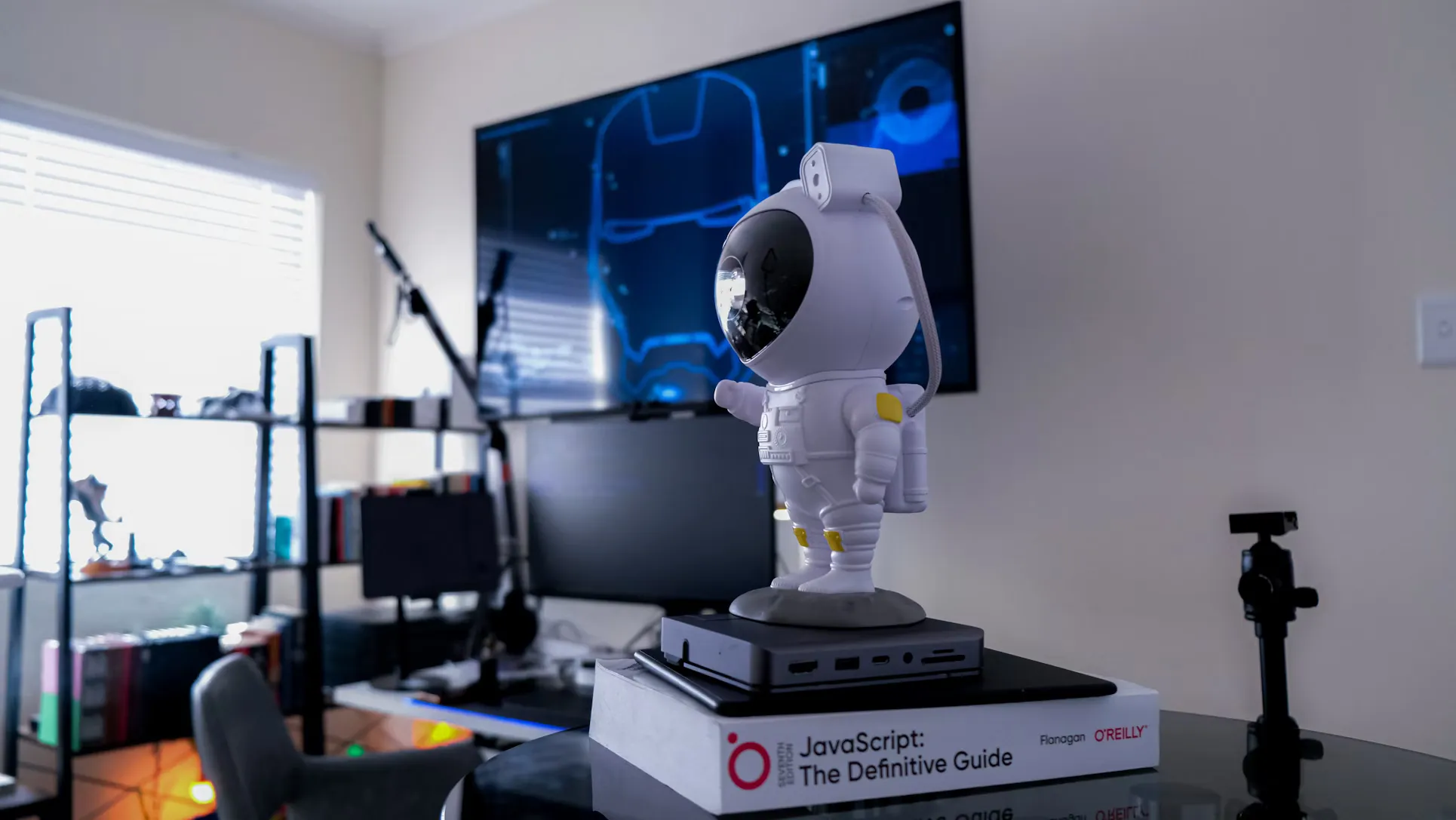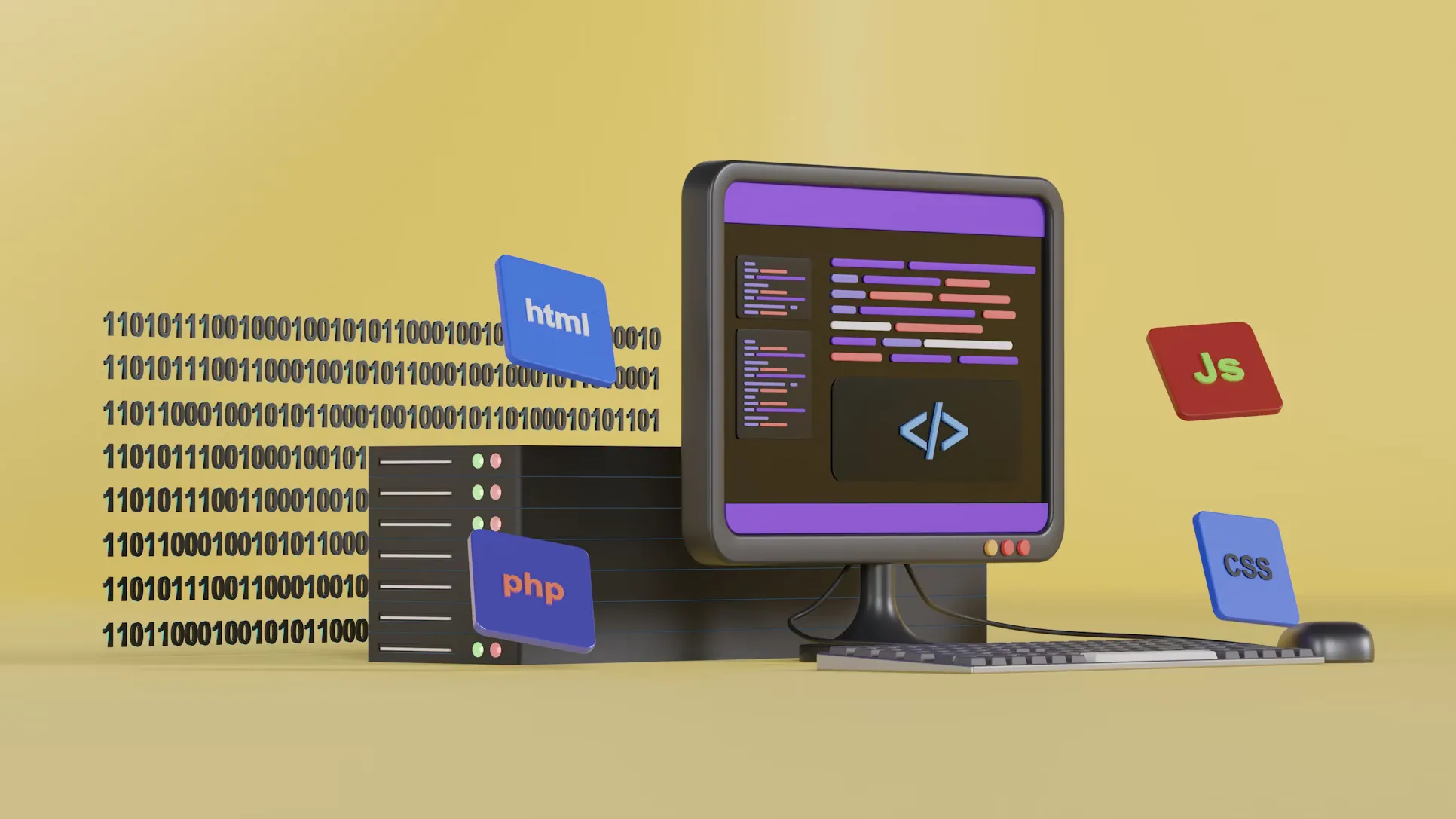
Understanding JavaScript Closures
An in-depth look at closures in JavaScript and their applications.

An in-depth look at closures in JavaScript and their applications.
Streamline your wardrobe with timeless pieces that suit your style.

Discover how a daily meditation practice can improve your mental clarity and well-being.

Understand the fundamentals of budgeting, saving, and investing for a secure future.

Learn practical strategies to manage your time and increase productivity.


Why JavaScript's `this` keyword breaks brains and hearts—explained with relatable memes.

A hilariously painful journey through floating point math in JavaScript. Yes, 0.1 + 0.2 ≠ 0.3.

A lighthearted guide to recursion—aka that thing you call within itself until it forgets why it started.

An absurdly fun breakdown of promises, async/await, and why your code never waits when you want it to.

Streamline your wardrobe with timeless pieces that suit your style.

Discover how a daily meditation practice can improve your mental clarity and well-being.
Science Journalist
Investigative Journalist
Tech Writer
Sports Journalist
Travel Blogger & Journalist
Political Correspondent